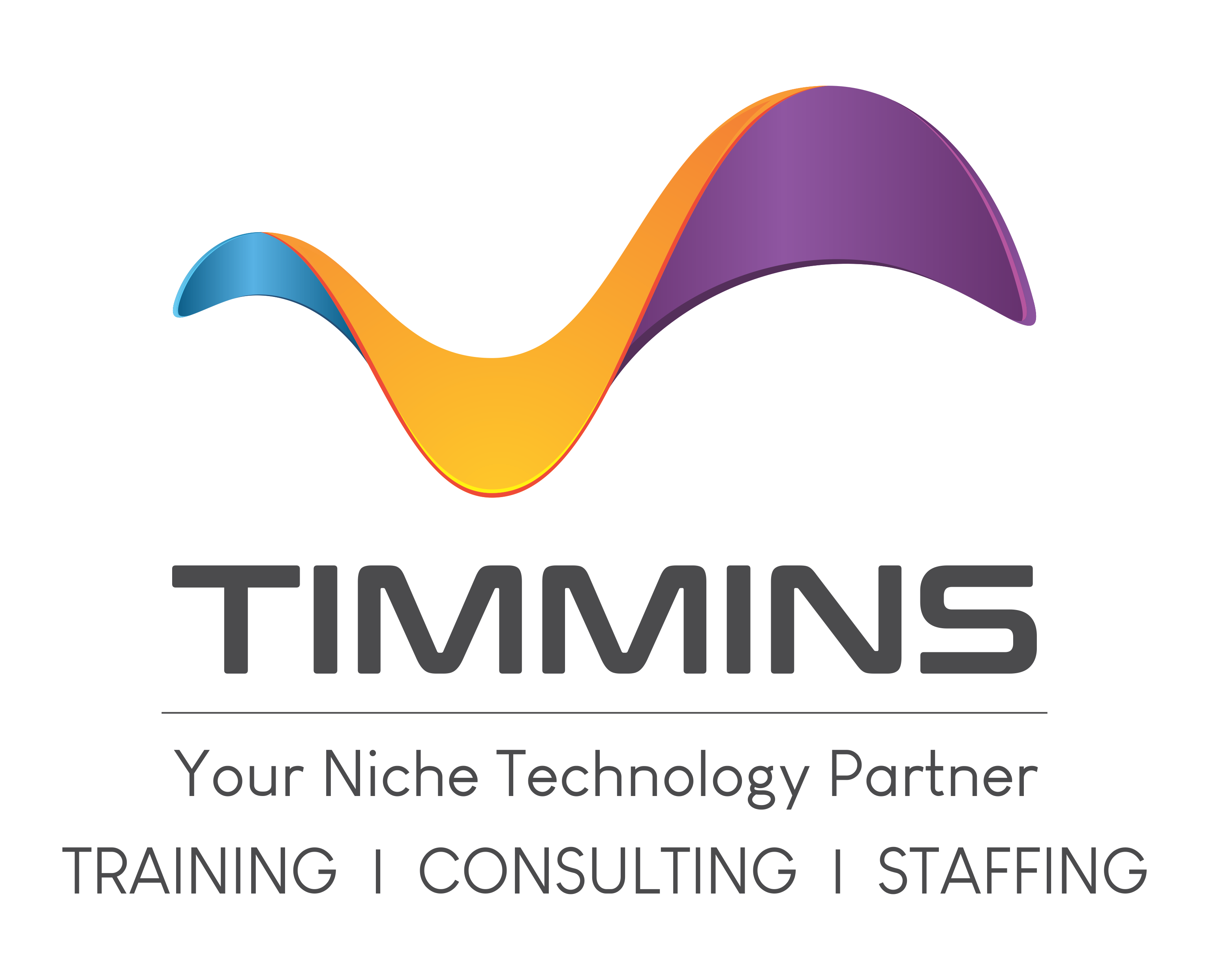
Course Content
Section outline
-
Module 1: Overview of I2C Protocol (2 hours)
- Basics of the I2C bus.
- I2C addressing modes and speed classifications.
- Real-world use cases.
Module 2: Linux I2C Subsystem (3 hours)
- Linux kernel architecture and I2C subsystem.
- I2C adapters, controllers, and clients.
- Introduction to I2C kernel APIs.
Module 3: I2C Driver Model in Linux (2 hours)
- Structure and components of an I2C driver.
- Writing and registering an I2C client driver.
Lab: Implementing a basic I2C client driver and performing read/write operations.
-
Module 4: Writing I2C Client Drivers (3 hours)
- Writing I2C probing and removal functions.
- Error handling and synchronous vs. asynchronous communication.
Lab: Developing an I2C driver for a temperature sensor.
Module 5: I2C Adapter and Controller Drivers (2 hours)
- Writing and registering an I2C adapter driver.
- Integrating I2C controllers into the Linux kernel.
Lab: Developing an I2C controller driver and testing communication.
Module 6: I2C Device Tree and Platform Drivers (2 hours)
- Introduction to Device Tree Source (DTS).
- Writing platform-specific I2C drivers.
Lab: Configuring an I2C device using the device tree.
-
Module 7: Advanced I2C Features (2 hours)
- Multi-master communication in I2C.
- I2C bus recovery mechanisms.
- SMBus extensions and compatibility.
Module 8: Debugging and Testing I2C Drivers (3 hours)
- Debugging with GDB, dmesg, strace, i2c-tools.
- Analyzing I2C traffic with logic analyzers.
Lab: Debugging a faulty I2C driver using kernel logs.
Module 9: Best Practices and Optimization (2 hours)
- Performance optimization for I2C drivers.
- Kernel coding standards and documentation.
Lab: Fine-tuning an I2C driver for optimal performance.
Assessment and Certification:
- Practical Lab Work: 50%
- Final Project (Full I2C Driver Implementation): 30%
- Quizzes and Written Assessments: 20%
- Certificate of Completion for successful participants.
